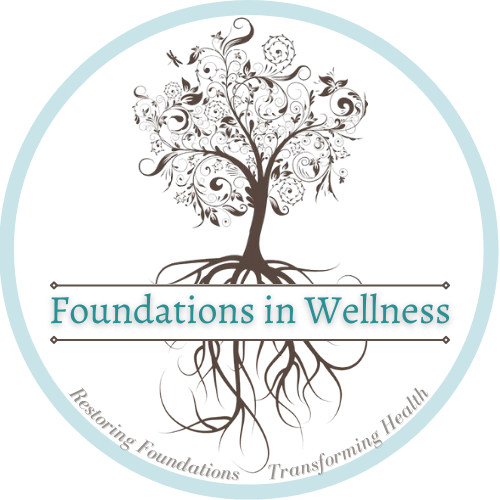Are you feeling like your brain is constantly shrouded in a mental fog? That sharp, quick-witted version of yourself seems like a distant memory? You’re not alone. In a world where multitasking is the norm and our diets are less than ideal, brain fog has become a widespread issue. However, there’s good news! With the right strategies, you can clear the fog and reclaim your mental clarity.
The Impact of Lifestyle on Cognitive Health
Our brain’s well-being is directly influenced by our lifestyle choices. From the food we eat to the amount of sleep we get, every decision plays a crucial role. Take Sarah, a software developer whose story resonates with many. Juggling work deadlines and a bustling social life, Sarah’s diet slipped into the realm of convenience food, high in sugar and low in nutrients. She noticed a decline in her ability to focus and a memory that seemed to falter more than it should. It wasn’t until she prioritized her health, incorporating whole foods and setting a strict sleep schedule, that she saw a significant shift. Her brain fog lifted, and her productivity soared.
Diet: The Foundation of Mental Clarity
One of the most effective strategies to combat brain fog is through diet. Nutrient-rich foods like leafy greens, berries, nuts, and seeds are packed with antioxidants and vitamins essential for brain health. Incorporating omega-3 fatty acids, found in wild caught fish like salmon, can also combat inflammation, a key factor in cognitive decline. Remember, hydration plays a pivotal role too. Dehydration can lead to confusion and poor concentration, so keep that water bottle handy!
Exercise: Boosting Brain Power
Physical activity is another cornerstone of mental clarity. Exercise increases blood flow to the brain, delivering the oxygen and nutrients it needs to perform optimally. It also promotes the production of brain-derived neurotrophic factor (BDNF), a protein that supports neuron growth and protects against cognitive decline. A brisk walk, a bike ride, or a yoga session can make a world of difference in how your brain functions.
Sleep: The Unsung Hero of Cognitive Health
Never underestimate the power of a good night’s sleep. Sleep is when our brain consolidates memories and clears out toxins. Lack of sleep can lead to impaired judgment, reduced creativity, and a foggy brain. Establishing a regular sleep routine and ensuring 7-9 hours of quality sleep can enhance your cognitive function and mood significantly.
Oral Hygiene: A Surprising Factor
Emerging research suggests a link between oral health and cognitive function. Gum disease, for instance, has been associated with an increased risk of cognitive decline. Maintaining good oral hygiene by regular brushing, flossing, and dental check-ups can thus play a part in keeping your brain sharp.
Supplements: A Helping Hand
Certain supplements, like Vitamin D, B vitamins, and magnesium threonate, can support brain health. However, it’s essential to consult with a healthcare professional before starting any new supplement to ensure it’s right for you and to avoid any potential interactions with existing medications.
The Path to a Clearer Mind
By adopting these lifestyle changes, you can significantly reduce brain fog and improve your cognitive function. Just like Sarah, you might find that these adjustments not only clear the fog but also enhance your overall quality of life. Remember, the journey to mental clarity is a marathon, not a sprint. Small, consistent changes can lead to significant improvements over time.
Embrace the journey to a clearer mind with open arms. Your brain—and your future self—will thank you.


